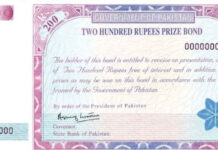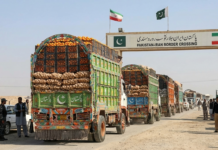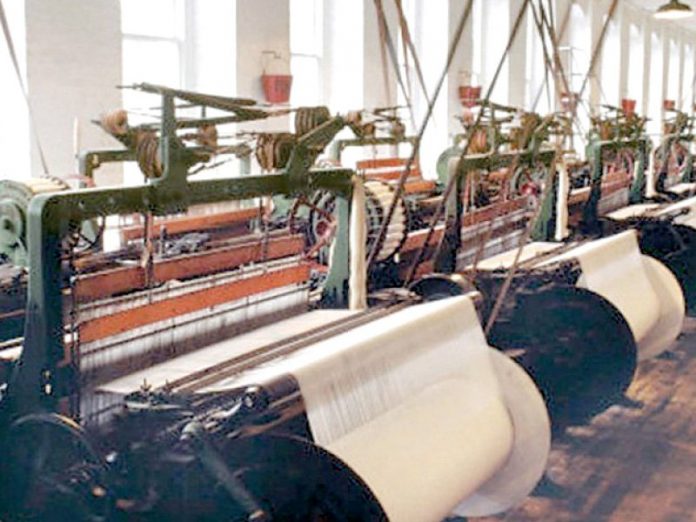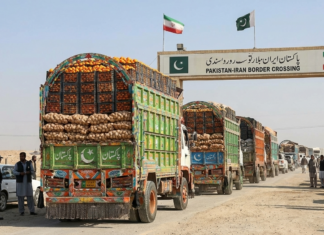The All Pakistan Textile Mills Association (Aptma) has issued a warning that Pakistan’s textile industry is on the verge of collapse due to a critical flaw in the Export Facilitation Scheme (EFS) that the government has failed to address for the past ten months.
Aptma highlighted that the current policy creates a tax imbalance by allowing exporters to import raw materials at zero sales tax, while domestic producers face an 18 percent sales tax. Although the tax on domestic inputs is refundable, delays and inefficiencies in the refund process are forcing exporters to prefer imports, weakening local supply chains and undermining the industry’s competitiveness.
Chairperson Kamran Arshad urged the government to immediately remove yarn and fabric from the list of materials eligible for zero-rated imports under the EFS. He warned that without this correction, Pakistan’s textile value chain will be further eroded, making export growth targets like the $60 billion goal under Uraan Pakistan unattainable.
The refund mechanism currently ties up exporters’ capital for six to ten months, with only partial refunds issued monthly, resulting in a backlog exceeding Rs110 billion over the past four to five years. This has led to a surge in imports, with yarn imports projected to nearly triple to 300 million kg in FY25 compared to 108 million kg last year.
Aptma’s data reveals that imports of cotton, yarn, and greige fabric are expected to surpass last year’s levels by $1.5 billion, while exports are forecast to grow by only $1.14 billion. The association warned that the apparent export growth masks the hollowing out of domestic production and supply chains.
The industry crisis has already forced the closure of over 800 ginning factories and 120 spinning mills, costing millions of jobs. Loom closures and protests have begun in the weaving sector, signaling deepening distress.
The cotton sector is also facing a sharp decline, with production dropping from 15 million bales in the mid-2010s to between 5 million and 10 million currently. Without clarity on buyers for the expected 10 million bales next season, and with domestic cotton taxed at 18 percent while imported cotton enters tax-free, farmers are struggling financially. The 18 percent tax on cottonseed and cottonseed cake is unprecedented globally, further squeezing farmer incomes below production costs.
Aptma stressed that this distorted tax regime is driving farmers to shift to water-intensive crops, worsening Pakistan’s water crisis. The association called for urgent corrective measures to save the textile and cotton sectors, protect livelihoods, and prevent irreversible damage.






















